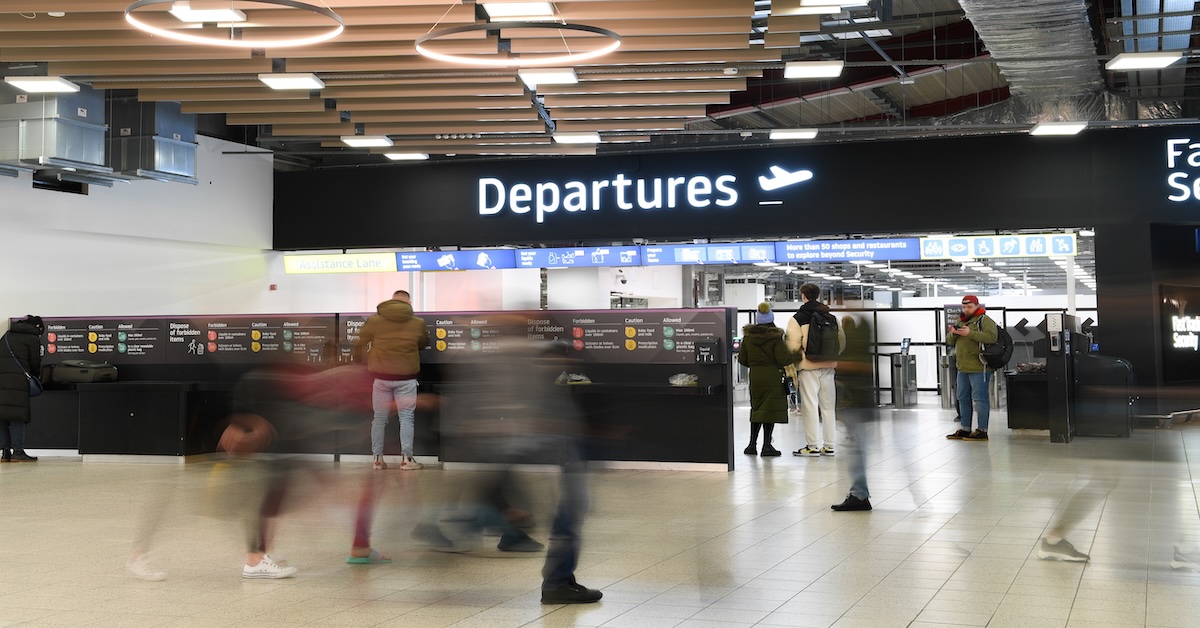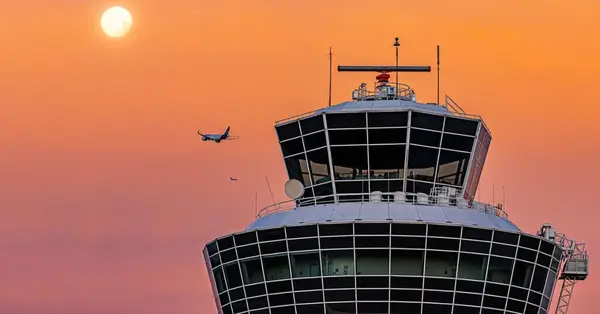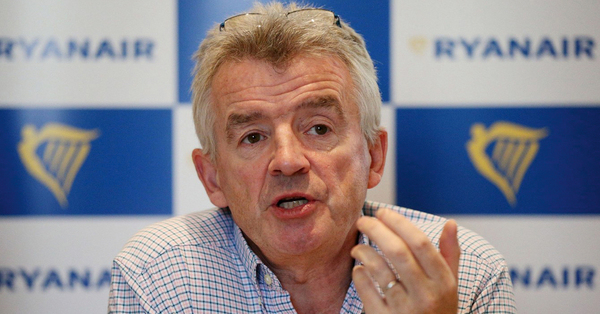You are viewing 1 of your 2 free articles
Traveller caution noted over digital health passports
The majority of travellers have concerns about how data for travel would be stored with the introduction of digital health passports.
A global poll of more than 9,000 consumers, including those from the UK, found that 91% would be comfortable using a digital health passport for future trips.
But 93% expressed some concerns around the storage of their data.
While 41% said they were keen to book international travel within six weeks of restrictions lifting, there was caution over storing and sharing digital health data, according to the poll commissioned by Amadeus.
The three main concerns travellers have are:
- Security risks with personal information being hacked (38%)
- Privacy concerns around what health information needs to be shared (35%)
- Lack of transparency and control over where the data is shared (30%)
The survey also explored what solutions might alleviate concerns around digital health data and travel in the future:
- 42% said a travel app that could be used across the whole journey would greatly improve their overall travel experience and reassure them their information is all in one place
- 41% agreed a travel app would reduce their stress around travel
- 62% would be more likely to use an app to store their health data if a travel company partnered with a trusted healthcare company.
The study also showed that:
- Almost three quarters (74%) would be willing to store their travel health data electronically if it enabled them to pass through the airport faster with fewer face-to-face interactions
- More than 7 in 10 (72%) would be willing to store their travel health data electronically if it enabled them to travel to more destinations
- 68% agreed they would be more likely to share their health data if the airlines they most frequently travel with offered a way to store their information
The research also found that 91% of travellers now say that technology will increase their confidence to travel, an increase from 84% in September 2020.
When asked which technology would increase confidence to travel in the next 12 months, mobile solutions were highlighted as a popular option, with the top three technologies including:
- Mobile applications that provide on-trip notifications and alerts (45%)
- Contactless mobile payments such as Apple or Google Pay, Paypal, Venmo (44%)
- Mobile boarding – having your boarding pass on your mobile phone – (43%)
Amadeus travel president Decius Valmorbida said: “There is no doubt that Covid-19 will continue to shape the way we travel for the months ahead, just as it influences so many other areas of our lives.
“Yet while there are still uncertainties, research like this reinforces my optimism that we will build back travel better than before.
“Collaboration across governments and our industry is the key to restarting travel.”
The company’s chief technology officer Christophe Bousquet added: “This study highlights once more the key role that technology will play in rebuilding travel. We’ve seen a shift since our last survey, as travellers now place more focus on mobile and touchless technology, crucial areas that will clearly strengthen traveller confidence.
“It’s also very relevant to see that travellers are open to digital health passports and sharing their data as they move through the journey, once the right safeguards are in place.”
The survey covered? 9,055 ?travellers ?in France, Spain, Germany, India, UAE, Russia, Singapore, UK and US.


















